Content
The desire to get high yields of horticultural crops with minimal effort and expense is dictated by the popularity of the complex fertilizer "azofosk". The effectiveness of the drug has long been proven. It is successfully used on household plots and in large agricultural complexes.
Universal complex fertilizer for a wide range of applications. Available in granular form. Small granules of beige, yellowish or white color.
The maximum result gives on heavy, clayey and sandy soils... Azofoska is well retained in the soil, it is not washed out by atmospheric precipitation.
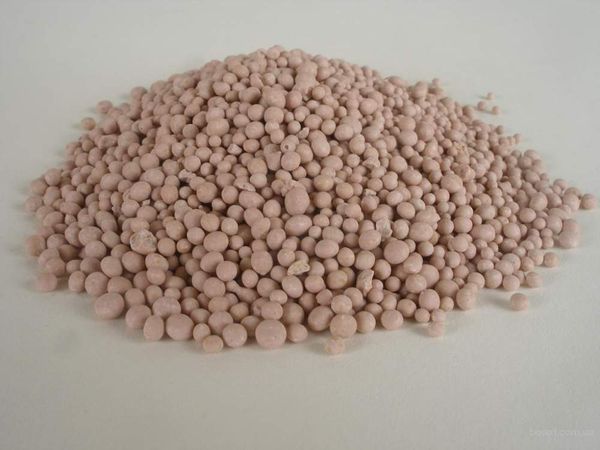
The essence of application as a fertilizer
Azofosk is used as main or additional fertilizer... It strengthens the roots of plants, activates the growth process, increases resistance to negative climatic factors, increases the nutritional value of fruits.
Mineral elements are in the form available to plants.
The agrochemical increases the resistance of plants to diseases, prolongs the flowering phase of ornamental, and most importantly - increases the productivity of crops.
Azophoska three-element, consists of nitrogen, phosphorus, potassium (NPK) with the inclusion of sulfur. To meet the needs of plants on different soils, fertilizer brands are produced that differ in the proportion of chemical elements:
- NPK 16:16:16... Fertilizer of classical proportion is used for digging, plowing the soil. In the spring it is brought under fruit trees, vegetables: potatoes, tomatoes, peppers. The amount of azofoska is calculated according to the instructions for the preparation;
- NPK 19: 9: 19... A preparation with a low phosphorus content. For the middle zone of the Russian Federation, this species is generally not suitable due to the poor soil phosphorus. It is ideal for southern regions with dry, warm climates;
- NPK 22:11:11... Thanks to the loading dose of the element nitrogen, this species is the elixir of life for depleted soils. It is used if the sown area is intensively exploited every year.
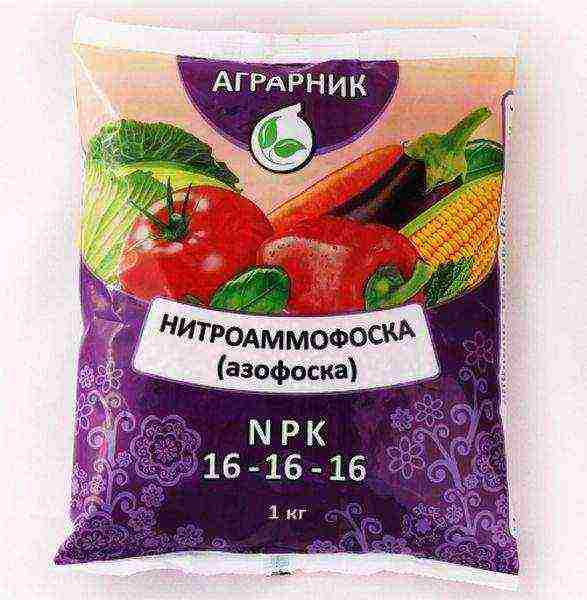
Pros and cons
Each feeding has positive and negative sides. Azofoska is no exception.
Advantages and Benefits:
- granules do not stick together during the entire warranty period of storage for the reason that they are treated with surfactants;
- one granule contains three components at once;
- the fertilizer is water-soluble, well absorbed by crops;
- provides plants with nutrients in a comprehensive manner without purchasing additional preparations;
- with proper application increases the yield of fruit and vegetable crops from 30 to 70%;
- the harvested crop can be stored longer;
- has a democratic price.
Flaws:
- refers to inorganic substances;
- exceeding the consumption rate is fraught with education nitrates in the soil;
- reckoned to the 3rd class of danger, may explode, ignite;
- short storage period.
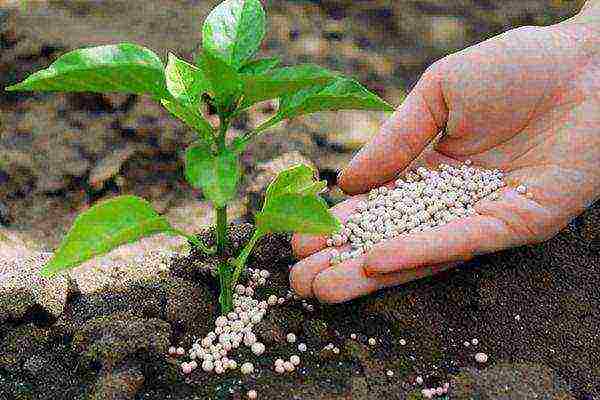
General recommendations for use for tomatoes, strawberries, potatoes
The instructions for use say that azofoska universal chemical, suitable for growing all kinds of plants in gardens and vegetable gardens, home flowers. It is effectively used for the care of fruit trees, berry bushes, bulbous plants, tuberous plants.Improves seed germination and stimulates the growth of seedlings.
Chemical apply in granular form and liquid solution for root, foliar dressing.
Azofoska works especially well on heavy soils; it is applied after harvesting as the main fertilizer. In light soils, the agent is introduced for digging in the spring. It is recommended for open and protected ground.
The fundamental rule of working with Azofoska-comply with the consumption rates specified in the instructions... This will help to avoid accumulation of nitrates in the soil.
The chemical should not be applied at low temperatures, this provokes an overdose of nitrates. According to the rules of azophoska, it is applied in the spring, when the soil has warmed up, the accumulated moisture has not evaporated. In autumn, this procedure is carried out in the first decade of September. These are the best conditions for nutrients to work.
When landing potatoes add 4 g of azophoska into the hole. Under fruit trees and berry bushes make 25-30 g of granules per 1 m2 along the near-stem area. Decorative flowers poured with a solution of 20 g of the drug per 10 liters of water every two weeks.
Most plants respond well to dry fertilizers, they are applied to the soil, followed by incorporation.
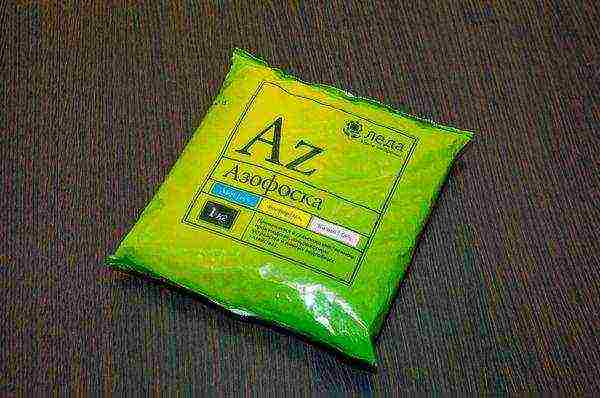
Agrochemical has a toxic effect on the human body... Therefore, when working with him, you need to observe personal safety measures. Protect your hands, eyes and respiratory system.
Compatibility
Azophosk chemical is physiologically neutral fertilizer. All components of the product are in an optimal ratio, so there is no need to worry about compatibility with other drugs.
But if such a need arose, the chemical can be used in combination with other mineral and organic fertilizers, it is important to ensure that there is no excess of elements.
The drug is mixed immediately before use with granular ammonium sulfate, ammonium nitrate, superphosphate, ammophos, diammophos, potassium chloride.
In some cases they mix with magnesia and magnesium sulfate, this mixture can be stored.
A deplorable result is obtained by mixing with urea, ammonium sulfate, powdered superphosphate, carbammophos. Azophoska solution should not be mixed with calcium nitrate.
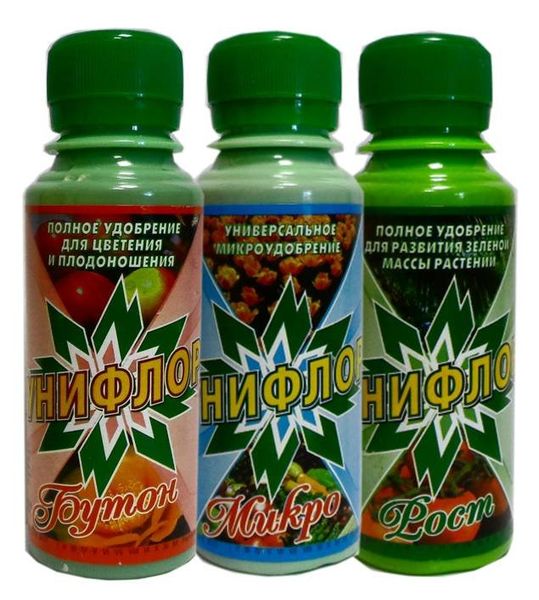
Storage rules
With proper use and storage, the drug does not pose a danger, but there are some points that must be taken into account:
- at temperatures up to +200 degrees Azofosk releases toxins;
- in very dry, hot storage, a large accumulation of dust can explode randomly.
It is necessary to store the chemical in sealed bags, in a dark dry room... The guaranteed shelf life of unopened packaging is 18 months from the date of manufacture.
Fertilizer Azofosk, containing the most important elements - nitrogen, phosphorus, potassium, is relevant for all fruit and vegetable, berry and ornamental crops. Provided it is used correctly and efficiently, it will bring invaluable benefits to the plants on your site.


